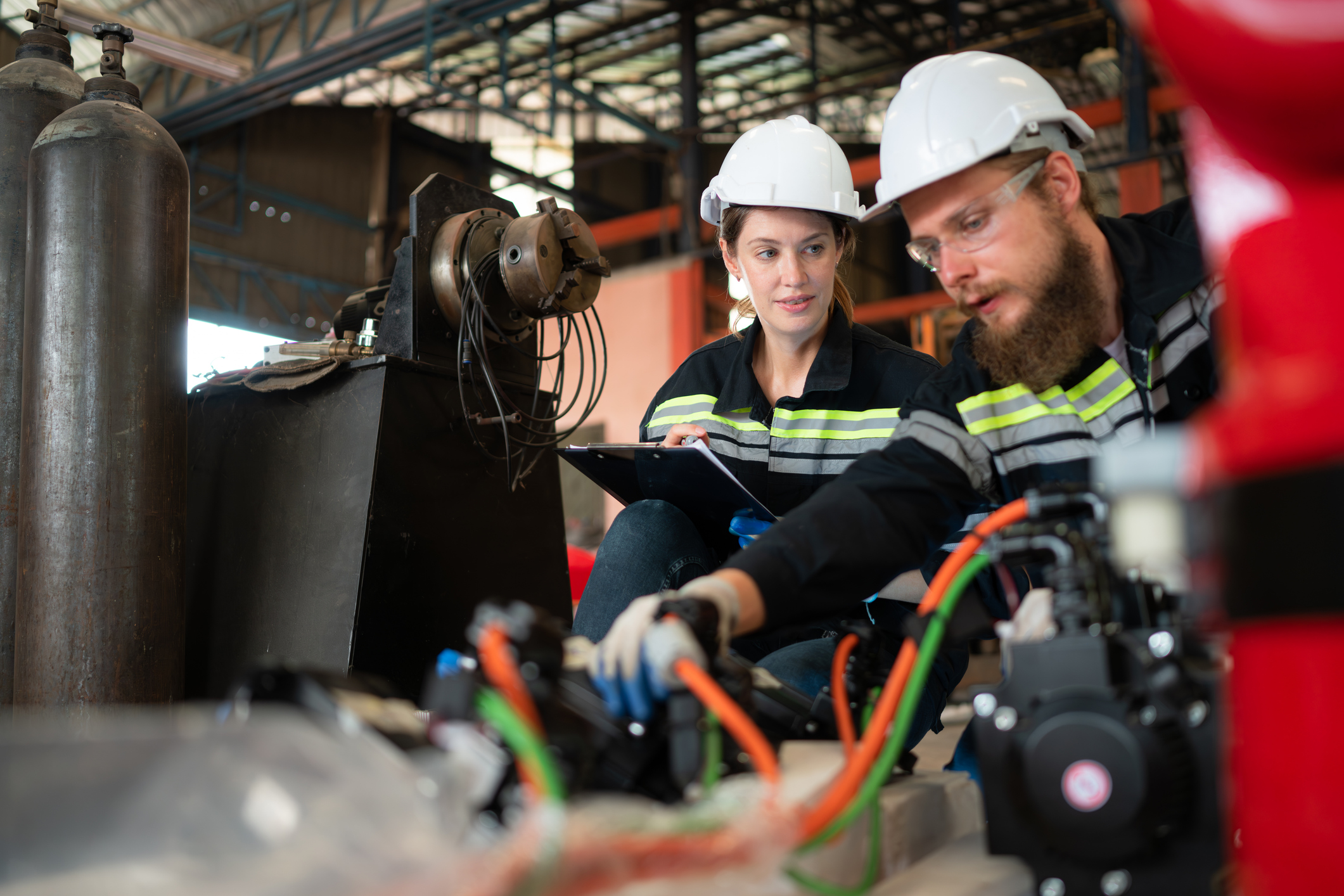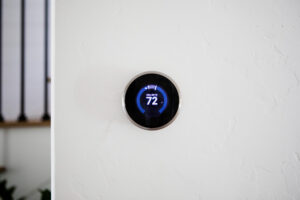As technology advances and environmental concerns grow, the landscape of heating solutions is undergoing a significant transformation. From cutting-edge innovations to sustainability-driven solutions, the future of heating assistance holds promise for greater efficiency, comfort, and environmental stewardship. In this article, we’ll delve into the emerging trends and innovative technologies that are shaping the future of heating services, revolutionizing how we heat our homes and businesses.
1. Sustainable Heating Solutions:
In an era marked by a heightened focus on sustainability, the demand for eco-friendly heating solutions is on the rise. Renewable energy sources such as solar, geothermal, and biomass are gaining traction as viable alternatives to traditional heating systems. Solar thermal panels, for instance, harness the sun’s energy to provide heat for residential and commercial spaces, reducing reliance on fossil fuels and lowering carbon emissions. Similarly, geothermal heat pumps utilize the earth’s natural heat to warm buildings efficiently, offering long-term cost savings and environmental benefits.
2. Smart Heating Technologies:
The integration of smart technologies is revolutionizing the way we control and manage heating systems. Smart thermostats equipped with advanced sensors and Wi-Fi connectivity enable users to monitor and adjust their heating settings via smartphone apps remotely. These devices can learn users’ preferences over time, optimizing energy usage and enhancing comfort levels. Moreover, connected heating systems can communicate with other smart devices in the home, creating a seamless and energy-efficient ecosystem.
3. Heat Recovery Systems:
Heat recovery systems are gaining prominence as a means of improving energy efficiency in heating processes. These systems capture and reuse waste heat generated from various sources such as ventilation systems, industrial processes, and wastewater, thereby reducing energy consumption and lowering operational costs. Heat recovery ventilation (HRV) systems, for instance, extract heat from outgoing air and transfer it to incoming fresh air, preheating it before it enters the building. By harnessing waste heat effectively, heat recovery systems contribute to sustainability efforts while improving indoor air quality and comfort.
4. Modular Heating Solutions:
Modular heating solutions are emerging as a flexible and scalable alternative to traditional centralized heating systems. These modular systems consist of compact, self-contained units that can be easily installed and interconnected to meet specific heating requirements. By decentralizing heating infrastructure, modular solutions offer greater flexibility, redundancy, and efficiency compared to conventional centralized systems. They are particularly well-suited for applications such as multi-unit residential buildings, commercial spaces, and industrial facilities where adaptability and scalability are essential.
5. Advances in Heat Pump Technology:
Heat pumps are experiencing rapid advancements in technology, making them increasingly efficient and versatile heating solutions. Air source heat pumps, for example, utilize ambient air temperature to heat or cool indoor spaces, offering significant energy savings compared to traditional heating and cooling systems. Ground source, or geothermal heat pumps, use the stable temperature of the earth to provide consistent heating and cooling year-round. With ongoing innovations in compressor technology, refrigerants, and system design, heat pumps are poised to play a pivotal role in the transition to sustainable heating solutions.
6. Integration of Artificial Intelligence (AI):
Artificial intelligence (AI) is revolutionizing the heating industry by optimizing system performance, predictive maintenance, and energy management. AI algorithms analyze vast amounts of data from sensors, weather forecasts, occupancy patterns, and historical usage to predict heating demand accurately and adjust system settings accordingly. By continuously learning and adapting, AI-enabled heating systems can optimize energy efficiency, reduce operating costs, and prolong equipment lifespan. Moreover, AI-driven predictive maintenance algorithms can detect potential issues before they escalate, minimizing downtime and costly repairs.
7. Electrification of Heating:
The electrification of heating is gaining momentum as a key strategy to decarbonize the heating sector and reduce greenhouse gas emissions. With the increasing availability of renewable electricity from sources such as wind, solar, and hydropower, electric heating options such as heat pumps, electric boilers, and radiant heating systems are becoming more viable and attractive alternatives to fossil fuel-based heating systems. Electrification also facilitates the integration of renewable energy sources into the heating infrastructure, enabling greater grid resilience and sustainability.
The future of heating services is characterized by innovation, sustainability, and efficiency. From sustainable heating solutions and smart technologies to modular systems and advances in heat pump technology, the industry is undergoing a profound transformation. By embracing these trends and innovations, we can create a more sustainable, comfortable, and resilient heating infrastructure that meets today’s needs while safeguarding the planet for future generations.
Stay ahead in heating innovations by teaming up with our experts at Supreme Heating & Cooling! Explore our guide to future-proof heating services for homes and businesses. Call us now at (412) 245-8964 to embrace efficiency and sustainability today.













